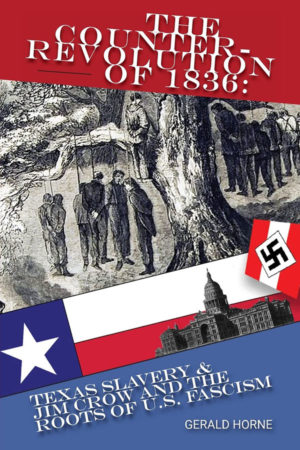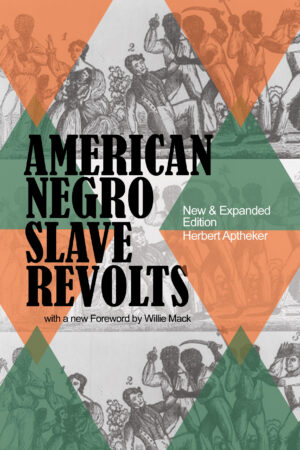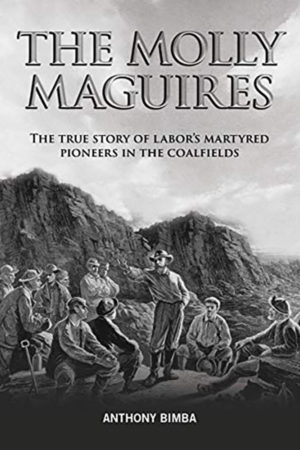Description
Although 1776 and the revolt against British rule leading to the founding of the USA has been thought widely to have planted the seeds of abolitionism, the fact is that the resultant Constitution protected enslaved property, just as the White House, the Supreme Court, and Congress were all dominated by enslavers—before the Civil War.
Unsurprisingly, the enslaved themselves engaged in unremitting class struggle—up to and including seeking to overthrow the slaveholders’ republic, e.g. August 1814 when they joined with invaders in torching the White House, sending President Madison and his spouse fleeing, with the newly freed then escaping on British ships to Trinidad and Tobago where their descendants continue to reside.
The response from the elite in neighboring Maryland was to seek to deport en masse the “Free Negro” population heavily concentrated in Baltimore to Liberia—as they were blamed for this anti-slavery victory. Enslavers in Virginia too were rattled, especially by the Haitian Revolution (1791-1804) which signaled a general crisis of the slave system that could only be resolved with its collapse. By August 1831 with the revolt of the enslaved led by Nat Turner in the “Cavalier State,” their worst nightmare was realized, leading to further efforts at deportation—this time freeing some of the enslaved and shipping them as well to West Africa.
Progressive currents from abroad—British abolitionism in 1833, the revolutionary uprisings in Europe of 1848, etc.—then set the stage for the armed revolt against slavery led by John Brown and his comrades in 1859, which led directly to civil war.
Washington—a city with an emerging Black Majority—experienced manumission in 1862—well before the better-known Emancipation Proclamation of 1863, just as the enslavers there were granted compensation—i.e., “reparations”—when their prized property was seized.
In this stirring and riveting account, Gerald Horne revises the traditional understanding of antebellum U.S. History as he paints a heroic picture of class struggle—by the enslaved and their numerous allies at home and abroad.










Reviews
There are no reviews yet.